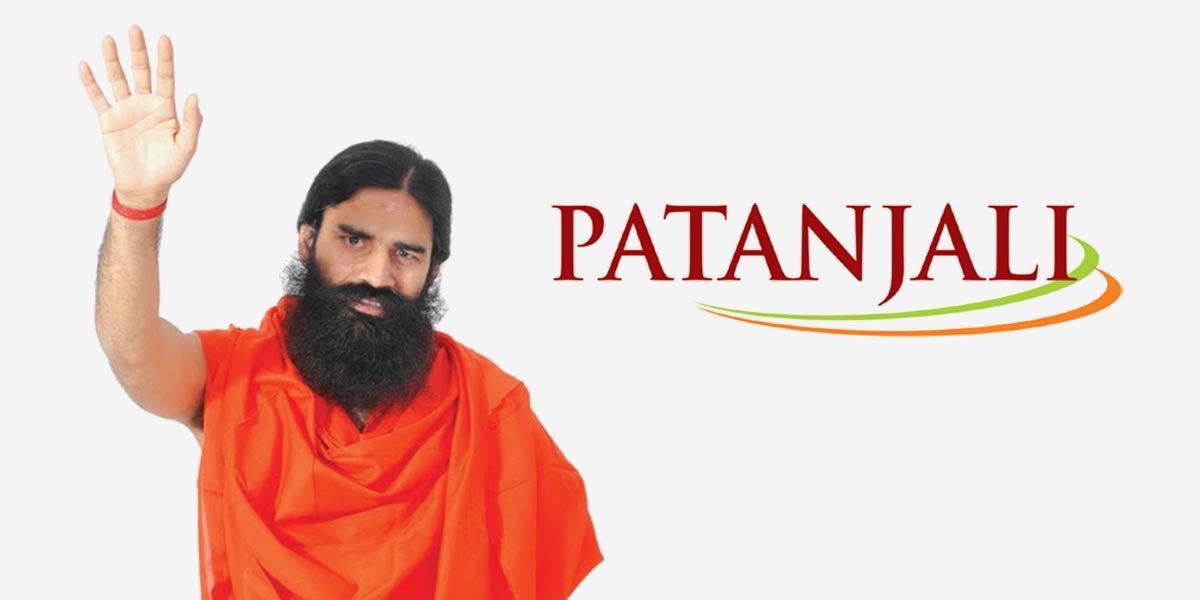Inside BENEO’s new pulse plant: pioneering sustainable protein from faba beans
RTI information shows Patanjali’s Rs 2.6-billion project is one of three proposed projects in Uttar Pradesh
Ramdev’s Patanjali group is slowly, but surely – expanding its footprint in the processed food sector across India.
On January 15, 2018, the Modi government gave an in-principle approval to Patanjali Food & Herbal Park Noida Private Limited for setting up a Mega Food Park in Gautam Buddh Nagar (Noida).
The cost of the envisaged Noida project is Rs 2.6 billion – the highest for any individual mega food park developer over the past decade.
According to the information provided by the Union Ministry of Food Processing, Patanjali Food & Herbal Park in Noida is “in the process of meeting the conditions for final approval”. It is the only contract for mega food parks given this year by the Modi government.
RTI information shows that Patanjali Vanijya Enterprises, another subsidiary of the Rs 100-billion Patanjali group, has bagged 8.28 acres of land in Jharkhand for setting up a unit inside a mega food park being operated by Jharkhand Mega Food Park Primate Limited.
The land was allotted in January 2017 in the food park located in Ranchi. With the Noida contract and the Jharkhand unit, the Patanjali group has become the biggest player in the mega food parks segment.
It already operates a food park in Haridwar in the Himalayan state of Uttarakhand.
This project had received its final approvals in 2009 and was built for an investment of Rs 980 million, with the Manmohan Singh-led United Progressive Alliance government during its second term providing Rs 500 million in grants for the project.
The Patanjali group has operational units spread over 38 acres in its Haridwar Park at the moment.
Under the rules of assistance to mega food park developers, the government has promised to provide at least 50 per cent of the eligible project cost.
The government has said that it expects a collective investment of Rs 2.5 billion in such food parks providing employment to 5,000 people and benefitting over 25,000 farmers.
Patanjali’s push in the mega food parks ecosystem seems to have hit the target when it comes to meeting the Modi government’s expectations in terms of investments.

